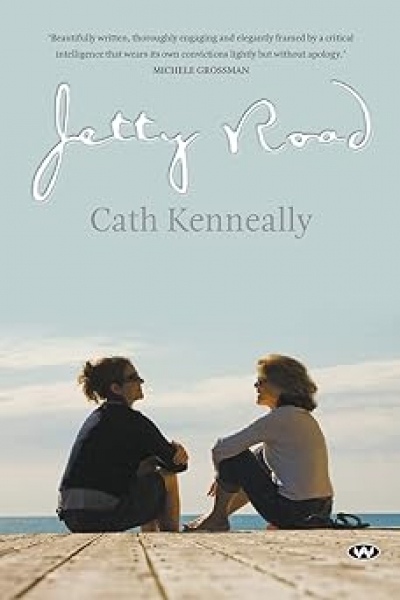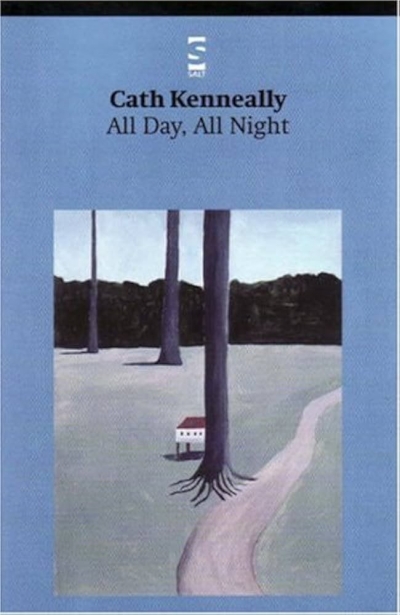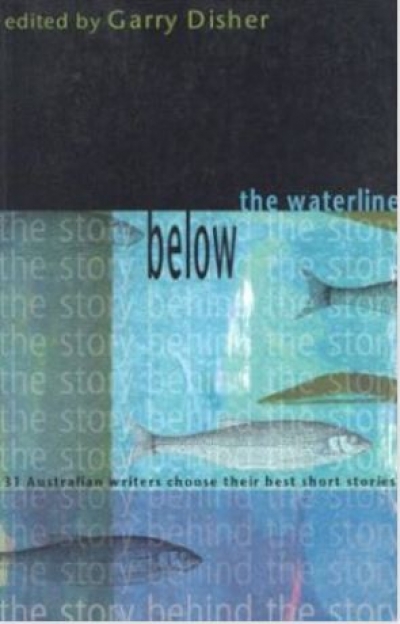Cath Kenneally
the priests and the witchdoctors both
will bless your new vehicle; the Virgin
will keep you in mind if you fashion a model
of what you want, attach it to the front of the car
& ...
Back at Cranfield Street by 5
Motorway horridness receding into fumey oblivion
We are just in time for Pointless – words ending in ‘air’
‘debonair’ ? – others, phoned at random, knew that one
Two pounds fifty left on my Oyster card once I’ve put it through the barrier at
the delicate, high-slung, white and black, wooden pedestrian bridge over the
...
Fed Wendy’s cat, walked to Broadway
Market through London Fields
a month from now these will be
once again names to conjure with
jump on a 236
Newington Green
lured by the memory
of Belle Epoque patisserie
glowing golden in a corner
always misremembered
as Raisin D’Etre
My fellow-travellers clearly
...
a tablescape
drooping roses near death in a jam jar
dull Ian Rankin in a yellow cover lying upside down
Mongolian phrasebook
sample tube of Sensodyne
Cinema ticket: The Great Beauty
opener for the Italian Film Festival
password to Smartygrants
for accessing two hundred applications
business card for Phnom Penh silver and gemstone ...
 Cath Kenneally is an Adelaide poet and novelist whose book Around Here (Wakefield Press, 2002) won the John Bray National Poetry Prize. Of her six volumes of poetry, the latest is eaten cold ( ...
Cath Kenneally is an Adelaide poet and novelist whose book Around Here (Wakefield Press, 2002) won the John Bray National Poetry Prize. Of her six volumes of poetry, the latest is eaten cold ( ...
A Cold Touch by Lawrence Bourke & All Day, All Night by Cath Kenneally
Here’s the first in a new series from the indefatigable pen of Jennifer Rowe. Verity Birdwood is still going strong, at last check: it wasn’t so long ago that I reviewed Lamb to the Slaughter in these pages. And, of course, as Emily Rodda, Rowe has turned out a couple of dozen Teen Power books, attracting several Children’s Book Awards. She is every inch a professional writer.
... (read more)




